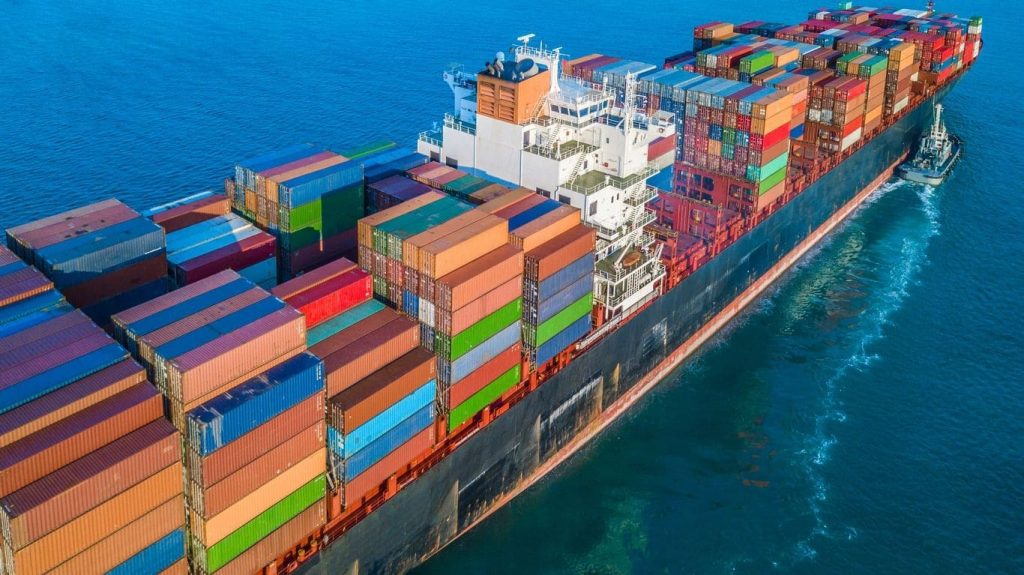Sea shipping is a crucial mode of transportation for international trade, connecting countries and facilitating the movement of goods. In this article, we will explore the key factors that determine the duration of sea shipping from China to Malaysia. Understanding the time frame involved in this process is essential for businesses and individuals engaged in import-export activities between these two countries.
Factors Affecting Sea Shipping Duration:
- Distance and Route:
The distance between China and Malaysia plays a significant role in determining the shipping duration. The most common route for sea shipping between these two countries is through the Strait of Malacca. However, alternative routes, such as the South China Sea, may also be considered. The choice of route can impact the overall shipping time. - Shipping Method:
Different shipping methods, such as Full Container Load (FCL) and Less than Container Load (LCL), have varying transit times. FCL shipments, where a full container is dedicated to a single consignee, tend to be faster compared to LCL shipments, where goods from multiple consignees are consolidated into a single container. Additionally, the availability of direct shipping lines can also affect the shipping duration. - Port Congestion and Customs Clearance:
Port congestion and customs clearance procedures can significantly impact the overall shipping time. Delays at ports due to high traffic or inefficient customs processes can extend the duration of sea shipping. It is advisable to work with reliable shipping agents and customs brokers who can streamline these processes and minimize delays. - Weather Conditions:
Adverse weather conditions, such as typhoons or monsoons, can disrupt sea shipping schedules. It is essential to consider seasonal weather patterns and plan shipments accordingly to avoid potential delays caused by inclement weather. - Documentation and Compliance:
Accurate and complete documentation is crucial for smooth customs clearance and timely delivery. Any errors or missing information in the shipping documents can lead to delays. Ensuring compliance with import and export regulations of both China and Malaysia is vital to avoid any legal complications that may further prolong the shipping duration.
Conclusion:
When planning sea shipping from China to Malaysia, it is essential to consider various factors that can influence the shipping duration. Distance, shipping method, port congestion, weather conditions, and compliance with regulations all play a role in determining how many days it takes for goods to reach their destination. By understanding these factors and working with experienced shipping partners, businesses can optimize their supply chain and ensure timely delivery of goods.

